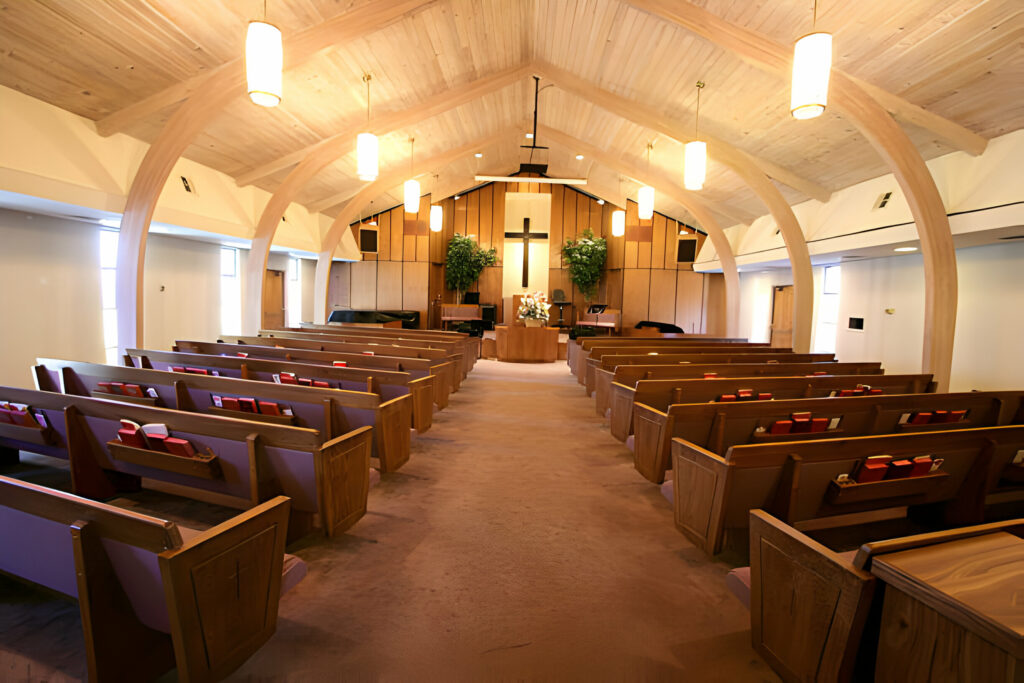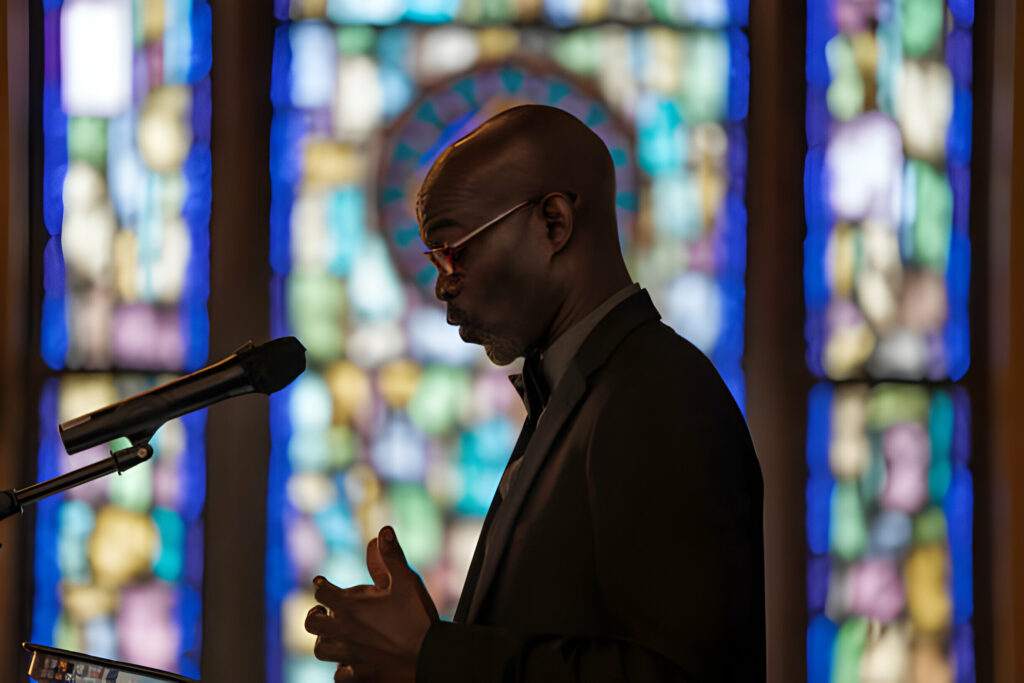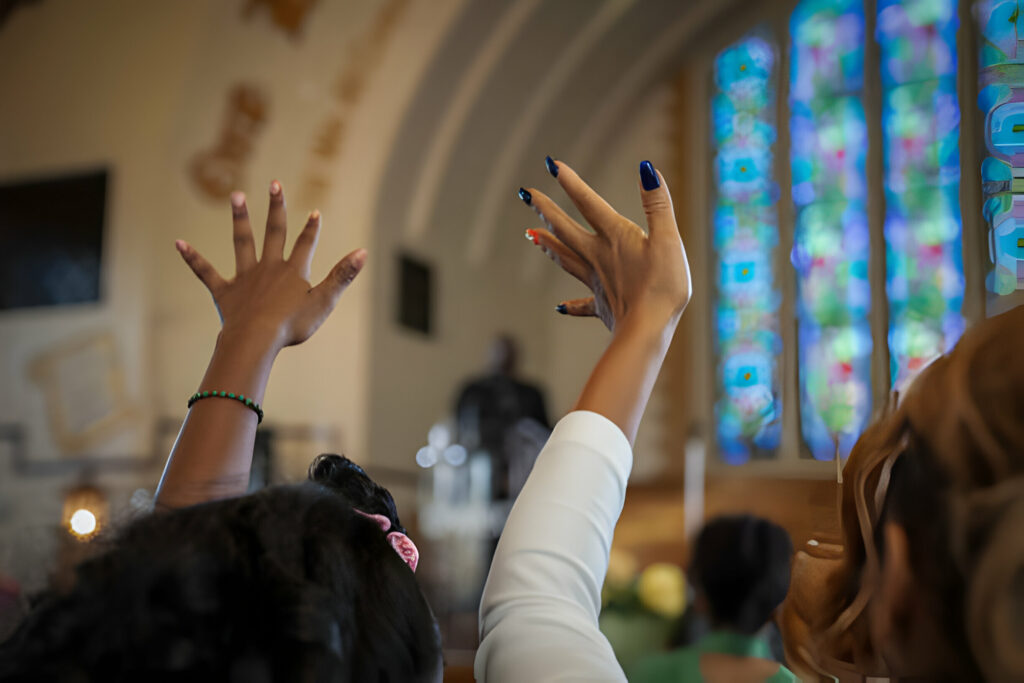
Hey there! We are so glad you stopped by to check out the Baptist Student Union at Delta State University. We hope you’ll join us and find community here during your college experience.
The BSU is a Christ-centered ministry open to all DSU students, regardless of your background or beliefs. Here are a few things you can expect when you participate:
Authentic Community: Our weekly gatherings, small groups, retreats, and informal hangouts aim to help you build lasting friendships and feel known during your college years.
Spiritual Growth: Whether you’re exploring Christianity, committed to your faith, or somewhere in between, you’ll find space here to ask questions, discuss ideas, and develop your personal spiritual walk.
Fun & Adventure: Ministry doesn’t have to be boring! We incorporate plenty of games, events, road trips, conferences, and adventure into the journey together. Laughter and joy overflow here.
Opportunities to Lead & Serve: We believe God shapes students profoundly when they use their passions and talents to bless others on campus and around the world. We’ll help you find your niche!
Bottom line, we want the BSU to feel like your home away from home during your college experience—a place where you’re always enthusiastically welcomed just as you are.
Reach out anytime if you have questions or just want to connect! We would love to meet you, hear your story, and explore how you might want to get involved in our community.
Let’s do college life together!
The Basic Beliefs of the Baptist Church

The Baptist church is one of the largest Protestant Christian denominations, with an estimated 100 million followers worldwide. Baptists share core tenets with other Christians, including belief in one eternal God as Father, Son, and Holy Spirit. However, they have some defining doctrines that set them apart from other faith groups. Let’s explore the origins, history, and central convictions held by Baptists.
Origins of the Baptist Tradition

Baptist churches arose in the early 17th century out of the Puritan-Separatist movement in England. Early Baptists believed the Church of England had become corrupted by power and wealth, moving away from Scripture’s true teachings. They advocated for a return to the simplicity of the New Testament church.
The first independent Baptist church is considered to be founded in 1609 in Amsterdam by John Smyth, an Anglican priest who had broken ties with the Church of England. Smyth brought together a small group of dissenters, establishing unique Baptist principles like adult believer’s baptism and local church autonomy.
Persecution drove the early Baptists to find sanctuary in the New World. In 1639, Roger Williams established the first Baptist congregation on American soil in Providence, Rhode Island. From these early beginnings, the Baptist movement spread across North America and then around the world as a missionary faith.
Essential Baptist Beliefs
The following core beliefs shape Baptist doctrine and practice today. They are centered on biblical authority, believer’s baptism, the priesthood of all believers, soul competency, and church autonomy.
1. The Authority of Scripture
Baptists consider the Bible the ultimate authority for faith and the divinely inspired Word of God. Scripture alone should determine what Baptists believe and how they live. This distinguishes them from traditions like Catholicism and Eastern Orthodoxy that also draw religious authority from church tradition and decrees of church councils.
Baptists believe Scripture was divinely inspired by the Holy Spirit but written by human authors in their own words and style. So the Bible is fully authoritative as well as historically accurate. Biblical inspiration extends to the whole canon, encompassing both the Old and New Testament.
2. Adult Believer’s Baptism
Baptist churches practice exclusive adult baptism by full immersion. This act of submerging new believers in water signifies that a convert has chosen to accept salvation through Jesus and join the Christian community.
In contrast to other traditions, Baptists reject infant or pedobaptism (sprinkling babies with water). They believe baptism requires someone first freely and consciously put faith in Christ. Only those old enough to understand sin and willful rebellion against God, then choose to repent, can partake in a believer’s baptism. So children are dedicated rather than baptized.
Full immersion also carries symbolic spiritual meaning, representing Jesus’ death, burial, and resurrection—as well as the believer’s death to self and rebirth in the Spirit.
3. Priesthood of All Believers
Central to Baptist doctrine is the idea that all Christians have a direct line to God without needing an intermediary priest. So rather than a special class of clergy, Baptists adhere to a “priesthood of all believers” as Scripture teaches. This means each Baptist member has equal status and responsibility to interpret the Bible guided by the Holy Spirit.
Listen to sermons and test teachings against Scripture. While pastors provide spiritual guidance, congregants have individual soul liberty to discern truth. No church leader is infallible, so beliefs should not rest on their authority alone.
4. Individual Soul Competency
Related to the priesthood of all believers is the cherished Baptist principle of “soul competency.” This refers to the accountability of every person before God. All individuals have the ability and duty to make personal choices in religious matters according to their own consciences and understanding of Scripture.
Baptists do not believe in imposing uniform creeds on others. While soul competency promotes diversity of thought, it also carries a profound obligation to seek out gospel truth. Baptists take moral autonomy and the call to rightly interpret Scripture very seriously.
5. Local Church Autonomy
Finally, Baptist polity is built on independent local church leadership under the lordship of Jesus Christ. Each congregation manages its own affairs without submitting to external authorities. This grants flexibility in matters like worship style or the structure and frequency of services.
Local church autonomy also gives Baptists freedom when cooperating with other churches for wider mission activities. No barriers exist to working together across congregations for community service or global evangelism. But all participation remains voluntary, not compulsory.
Key Figures and Movements

As the Baptist tradition grew, it took on different expressions which crystallized into associations and conventions. Here is a brief overview of some of the most impactful developments and leaders, although many subgroups exist today:
Particular Baptists (1644) – This branch arose in 1644 objecting to elements of Arminian doctrine (like free will and unlimited atonement) accepted by English General Baptists. Theologically, they aligned more with Reformed theology.
The Great Awakening (1720s-30s) – Baptists welcomed the revivalist preaching of figures like George Whitefield and Jonathan Edwards. Their impassioned sermons urging personal conversion swelled Baptist ranks.
Separate Baptists (18th Century) – Influenced by the Great Awakening, these Baptists split from mainstream congregations to form their own. They took a more emotional, spirit-led approach to worship and pushed for evangelistic reforms.
African American Baptists – Slaves in America closely connected with the Baptist promise of salvation and dignity. By 1776, native Baptist preachers arose like David George who proclaimed liberty in Christ to fellow African Americans.
Southern Baptist Convention (1845) – Today the largest Protestant group in the U.S., Southern Baptists broke off supporting missionary work that upheld slaveholding. Committed to evangelism, their churches spread rapidly across the South.
American Baptist Churches (1907) – Northern Baptists consolidated under this new name after the Civil War. They took more progressive social positions like ecumenism and social gospel reforms.
Baptist World Alliance (1905) – A fellowship formed to unite global Baptist believers for world evangelism. Today it represents 48 million Baptists from 121 countries and works closely with relief organization Baptist Global Response.
Billy Graham (1918-2018) – Although Presbyterian, this famous evangelist advanced Baptist-style mass revivalism worldwide. His crusades brought multitudes to faith in Christ.
Martin Luther King, Jr. (1929-1968) – This Baptist pastor powerfully confronted racism from a Christian standpoint. His leadership of the civil rights movement stemmed from Lincoln Memorial church ministry.
Today Baptists remain a vibrant faith tradition enriching Christianity’s witness globally through leadership in evangelism, theological scholarship, social justice reforms, and musical worship. Their central convictions—built on Scripture, soul liberty, missionary zeal, and respecting Christian diversity—continue shaping Baptist belief into the 21st century.